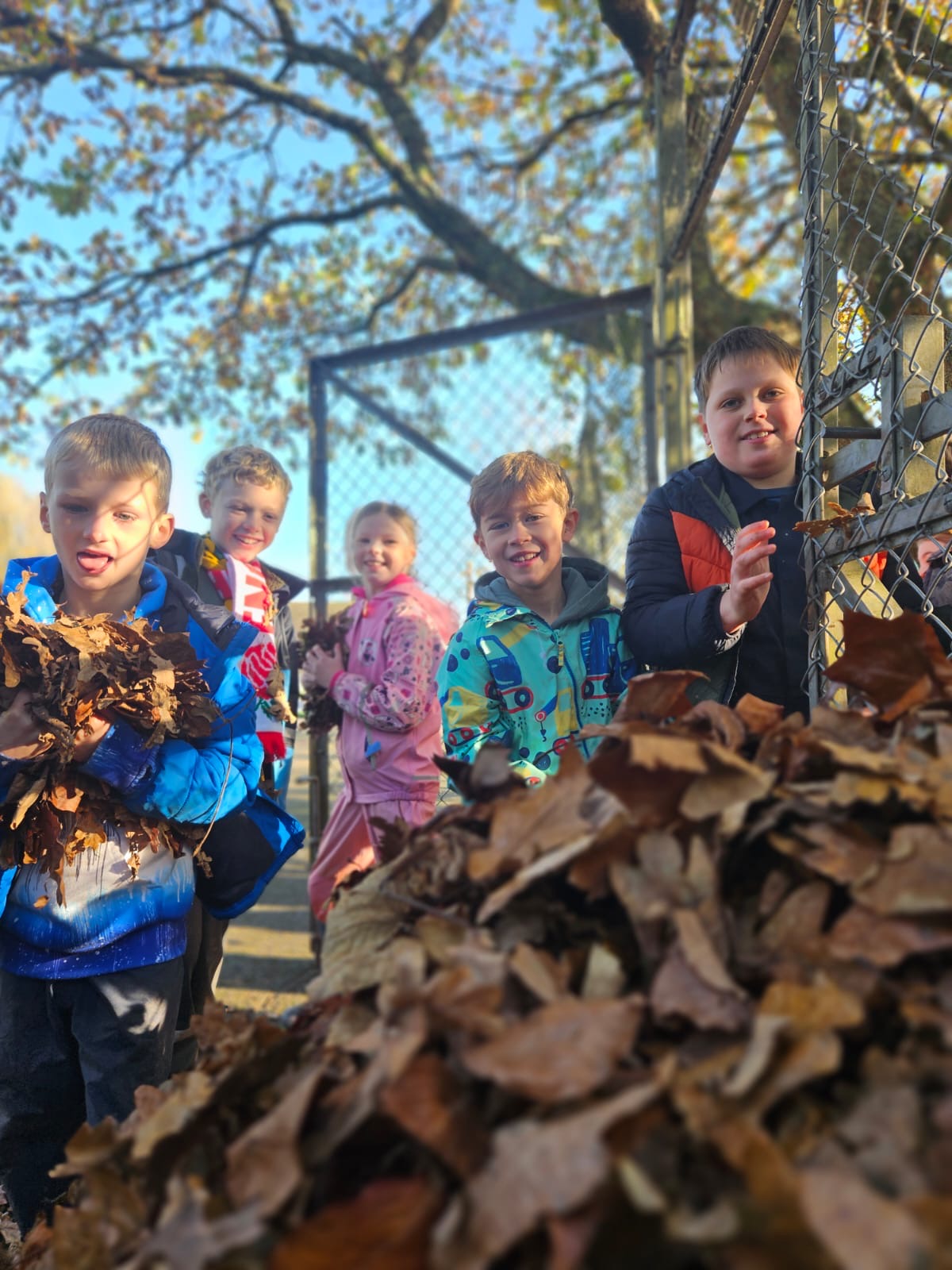Outdoor Learning at Ermington
What is Forest School?
‘Forest School is an inspirational process that offers ALL learners regular opportunities to achieve and develop confidence and self-esteem through hands-on learning experiences in a woodland or natural environment with trees’. (Forest School Association)
According to National Forest School Association, the Forest School movement dates back to the 19th century when philosophers, naturalists and educators such as Robert Paden Powell, Leslie Paul and Kurt Hahn founded and introduced the rich learning opportunities that can occur from Forest School contexts. However, in 1993 a group of nursery nurses from Bridgewater College, visited Denmark to look at their pre-school system. There was a clear open air culture in the Scandinavian way of life which led to the nursery nurses returning incredibly enthused and impressed by the ethos and approach of outdoor/child-led/play based pedagogy adopted by the Danish practitioners. They then started their own Forest School programme with children attending the crèche and observed creativity, skill and ideas blossom. The college then integrated a BTech in Forest School in 1995 which then saw many other outdoor educators provide Forest School provision around the UK. It was then conferences developed definition and principles of Forest School and in 2011 the Forest School Association was established.
Our Forest School/ Outdoor Learning Ethos
Through our Forest School sessions at Ermington Primary School, we hope to encourage independent, enthusiastic and creative learners who develop holistically through a well-planned and interesting child-centred approach. We aim to build a love of learning that fosters resilience and confidence. This is achieved by providing engaging, motivating and achievable activities in our outdoor environment. Through this, they learn to develop positive relationships with themselves and other people. Our activities are planned and offered to children within Forest School, but it is their discretion if and how they would like to take part in that activity. There is plenty of choice in Forest School, which makes it learner-centred. Children also gain an understanding of the environment and the flora and fauna in which they live, alongside a respect for nature and the ecological changes that are taking place in our world.
The role of the adults in Forest School is to provide children opportunities for their development. We work with a higher child:adult ratio in our sessions, promoting the safety and well-being of the children at all times. This allows the provision to manage the balance between the need to offer risk and the need to keep children safe from harm. Supported by the Forest School principles, Forest school programmes provide carefully structured opportunities for risk, whilst being supported by a frequently updated risk assessment to analyse hazards and risk of harm. Boundaries and rules are clearly identified prior to Forest School sessions and children will be closely monitored throughout the session. The Forest School association states ‘We believe that risk is more than just the potential for physical harm, but a more holistic thing; there are risks in everything we do, and we grow by overcoming them.’
We are fortunate to have a great space in which to do this. We make the most of the changing seasons, believing it is important for children to experience the outdoors, whatever the weather. We do get very muddy, one of the children’s favourite parts about Forest School. This means they will need to be suitably dressed.
Forest School sessions will take place in all weathers unless the safety of the participants is in question, due to high winds or icy conditions.
If you require more information about Forest School, it can be found here.
If you have any questions about our sessions or have a skill that you would like to share with the children, please do not hesitate to contact us.








